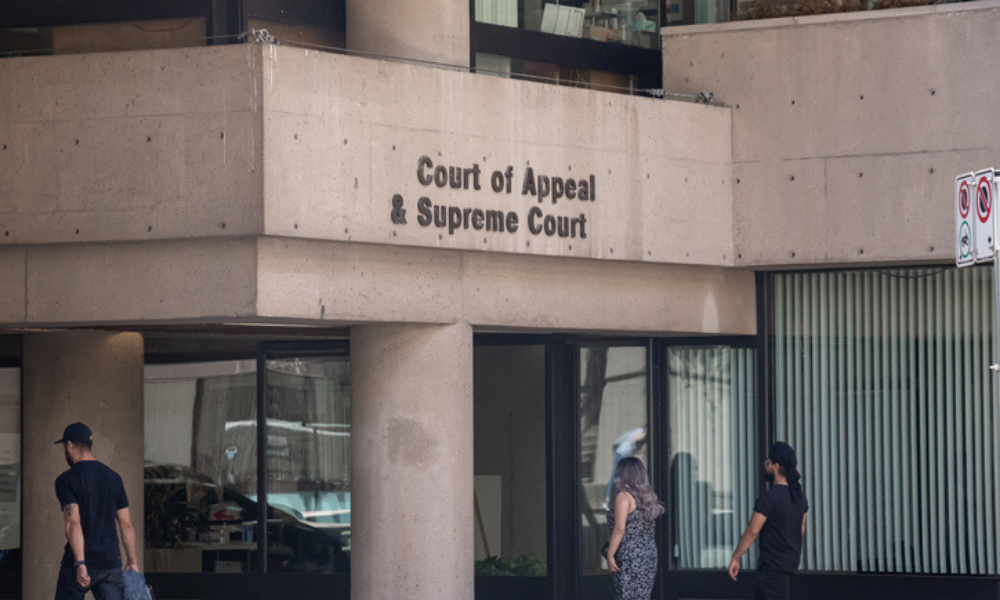
Lawyer never sought reinstatement after five-year suspension by LSBC due to misconduct

The B.C. Supreme Court has ordered an injunction against a lawyer who appeared in traffic court despite a suspension from practicing law because of professional misconduct.
In Law Society of British Columbia v. Goldberg, 2022 BCSC 691, Sheldon Goldberg signed an undertaking to resign as member of the Law Society of British Columbia in the face of disciplinary proceedings against him. Goldberg undertook not to engage in the “practice of law” as defined in the Legal Profession Act (LPA) or apply for reinstatement to the law society in the next five years.
After the five-year period passed, Goldberg never applied to reinstate his membership to the law society. In 2021, he was still without a license to practice law in BC when he appeared in the provincial traffic court to act as agent for the registered owner of a vehicle who was charged for violating the Motor Vehicle Act. During the proceedings, Goldberg did not reveal to the judge that he was in fact the driver of the vehicle at the time of the traffic violation. The registered owner of the vehicle was ultimately convicted.
On appeal, Goldberg once again appeared as counsel for the vehicle owner. The law society filed an injunction for the purpose of restraining Goldberg from further engaging in the “practice of law” until he became a member in good standing of the law society. It was only during this time that Goldberg advised Justice Macintosh of the BC Supreme Court that he was in fact the driver of the vehicle, and so he was entitled to appear on the appeal.
Justice Macintosh denied Goldberg’s request to appear as counsel, finding that Goldberg was indeed practicing law in violation of his undertaking with the law society.
Under the Legal Profession Act, the term “practicing lawyer” means a member in good standing who holds or is entitled to hold a practicing certificate. Further, under the LPA, a person who is suspended or has been disbarred must not commence, prosecute, or defend a proceeding in any court.
In The Law Society of British Columbia v. Parsons, 2016 BCCA 435, the term “commence, prosecute or defend a proceeding in any court” had been broadly interpreted to include something more than modest assistance to a litigant, such as appearing in court on more than an isolated occasion or taking overall control of a proceeding on behalf of a litigant.
In the law society’s application to obtain an injunctive relief, the B.C. Supreme Court found that Goldberg’s actions clearly fell within the definition of the “practice of law” under the LPA. The court said, “from his conduct in defending the case on [the defendant’s] behalf in Provincial Court, to drafting and filing the notice of appeal, to appearing in this Court on [the defendant’s] behalf in respect of the appeal, Mr. Goldberg acted as [the defendant’s] advocate in all aspects of the charge against [the defendant].”
The court was ultimately satisfied that the law society had established it had objectively reasonable grounds to believe that Goldberg had practiced law in contravention to his undertaking and the LPA. An injunctive relief was granted in favour of the law society.